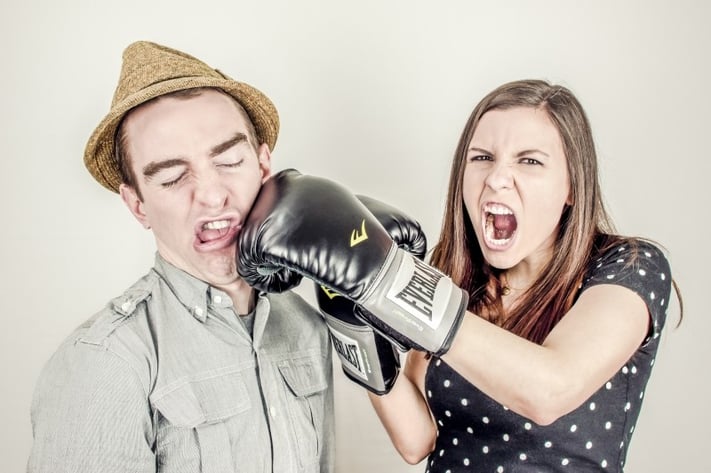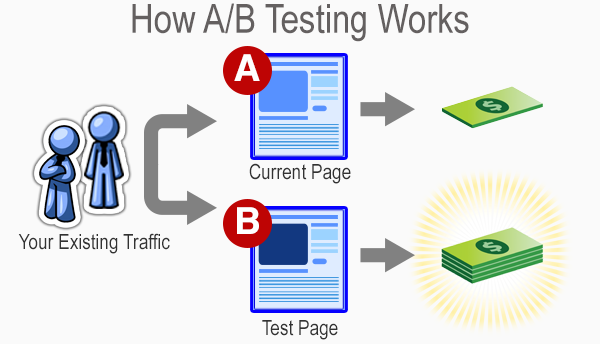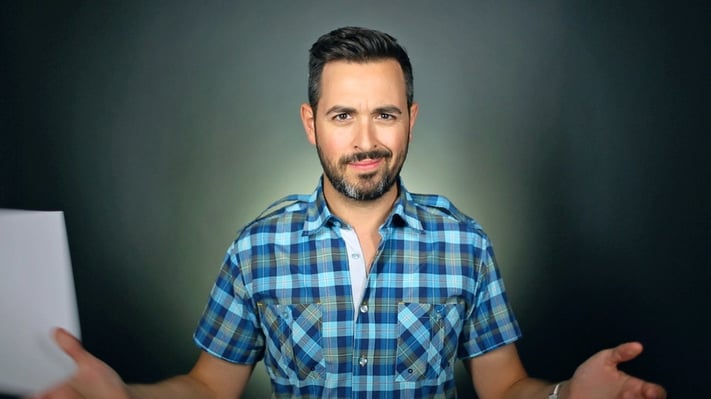Digital marketers love to bicker about what's going to be the next trend, or the current best practices in their field.
Let's leave aside the fact that there is, in any case, no immutable truth in this field and let's take an interest in a debate that, if it makes very little echo on this side of the Atlantic, agitates a lot the Webmarketing made in USA :
Is SEO about to be dethroned by CRO?

Before answering this thorny question, let's recall what these terms mean
What does SEO mean? What does CRO mean?
You've probably heard of SEO or Search Engine Optimization. It is a set of techniques used to improve the visibility of a website in the pages of search engines. We start talking about SEO as early as 1994, that is, at the very beginning of the web. There are hundreds (thousands ?) of sites devoted to precise definitions of SEO, no need to dwell on them.
CRO, or Conversion Rate Optimization, is a newer and probably lesser known concept, especially in France.
CRO was first mentioned in the mid-2000s, when it was realized that websites were more than just showcases for a brand but instead were true business relationship tools.
Optimizing the conversion consists of improving the performance of a website with the goal of converting as many visitors as possible into leads (or future buyers) , most often by getting them to fill out a form.
These conversions can be done through several entry points on a website : on Landing Pages, of course, but also on the homepage, the rates page, the blog and even the footer (footer).
One of the most well-known CRO methods is to create alternate versions of a page, CTA (Call-to-Action) or user journey and measure the effectiveness of each of these versions. We call this technique A/B testing. We test option A , then option B, then determine which one gets the best conversion result.

SEO or CRO, which should you favor ?
In 2010, the iconic founder of Moz, Rand Fishkin, said in a conference
" If I were launching a new startup today, I would bet everything on Conversion Rate Optimization. I think it's the most underutilized activity that generates the highest ROI".
The " SEO wizard ", as he is known, has not, however, abandoned his activities in SEO, far from it.

Sites still have a vital need to appear favorably in search engine results.
But the difference that taking into account a site's conversion capabilities introduces is significant : A perfectly SEO-optimized site that attracts a lot of visitors but doesn't convert is almost worthless. As proclaimed by Daniel Threlfall :
"Traffic without conversion is a traffic accident!"
Inversely, a site that doesn't put much effort into SEO but is perfectly designed to generate conversions is definitely of interest.
- because much of a site's traffic can come from a source other than organic flow (from social networks, for example).
- because it can be damaging to lose traffic to gain customers.
How could this last assertion be plausible ?
In mid-2015, a digital strategy expert, William Reed, conducted an interesting experiment with one of his clients and published his results on his blog. By slightly decreasing the ranking (ranking) of certain keywords deemed to be of little significance and redirecting efforts to keywords that can't be randomly entered, he caused a drop in traffic and yet...a considerable increase in revenue on the site.
Beyond this example, the stakes are high: according to a study by eConsultancy, only 2% of executives are satisfied with their conversion rate.

More globally, more and more marketers, like Neil Patel, believe it's time for companies to get serious about their conversion rates, moving away from the idea that a website is just a traffic receptacle.
Both complementary and competing
In reality, the opposition between CRO and SEO doesn't really make sense. The most effective combination lies in a smart balance between the traffic you generate with your SEO and the conversion of that traffic on your site. Rand Fishkin, again, responded on this topic to one of his followers:
"Let's say I optimized my page perfectly and Google loves me. I'm number 1, perfect! I don't want to touch it anymore and refuse that a CRO action, with the battery of tests it will make it undergo, messes up my ranking. However, I really need this page to convert more of the great traffic it brings me. I'm stuck, it's crazy!"
I personally disagree with Rand Fishkin's conclusion.
The situation is not stuck, it just requires us to get out of the dogma of traffic at all costs.
A momentary and reasonable drop in page ranking is no big deal if the conversions are there. We must not lose sight of the fact that this is the primary objective of a website.
In addition, while both aspects of optimization must therefore be worked on at the same time, not all companies are able to mobilize resources in this direction.
In this case, a shift in focus to CRO seems the most relevant strategic choice at the moment.









